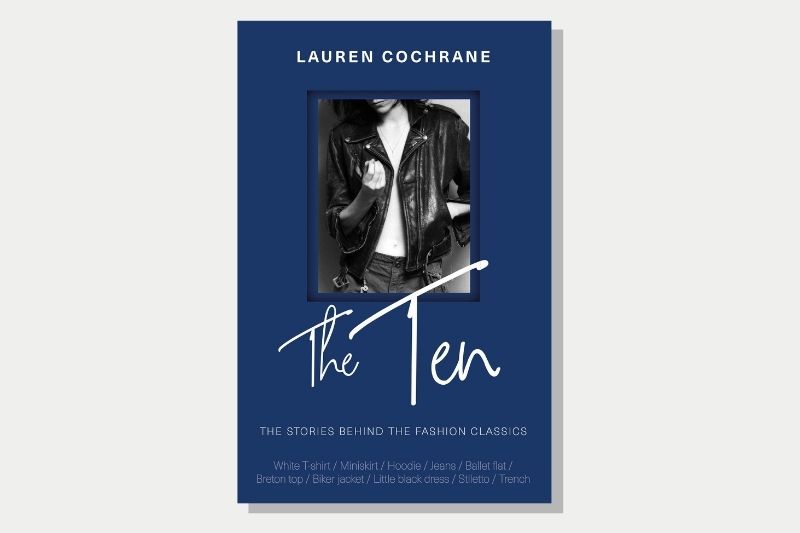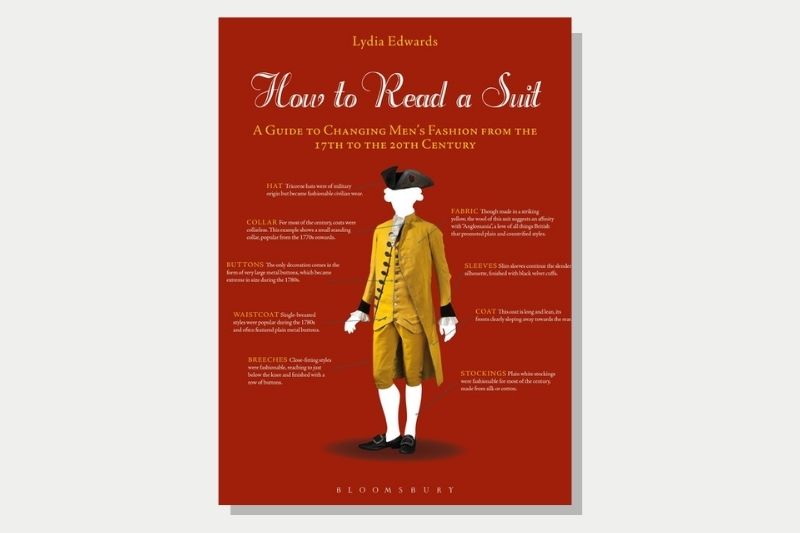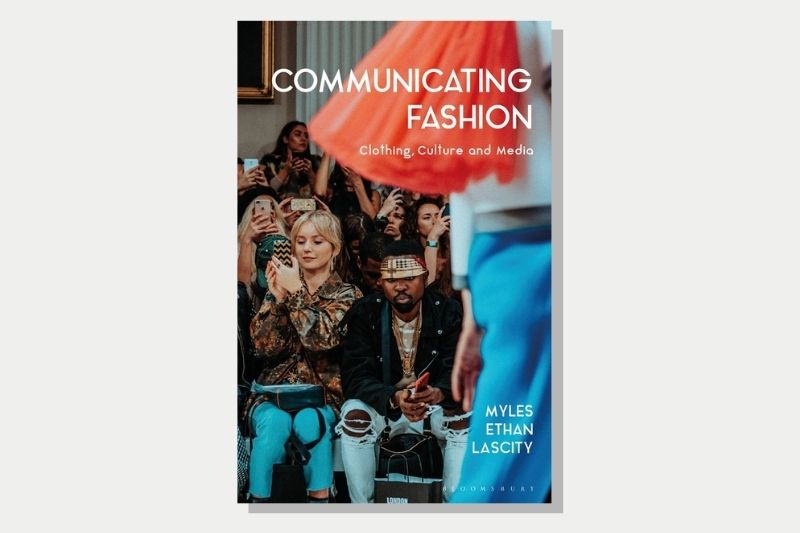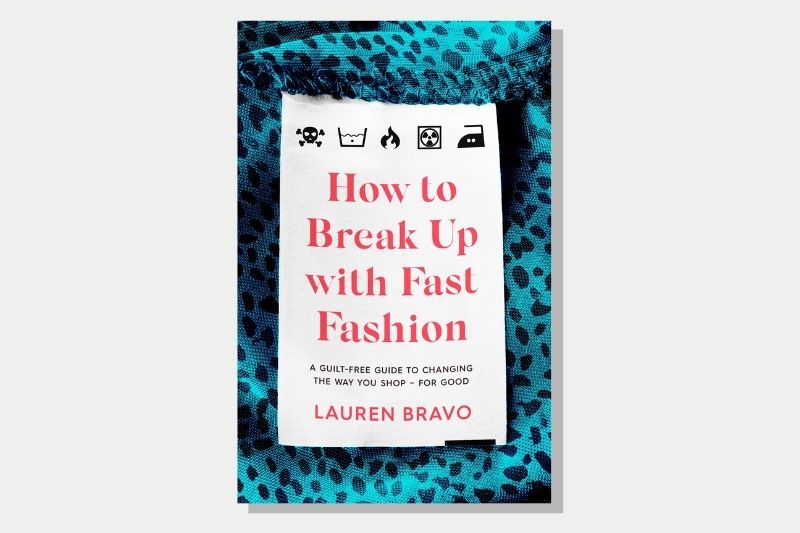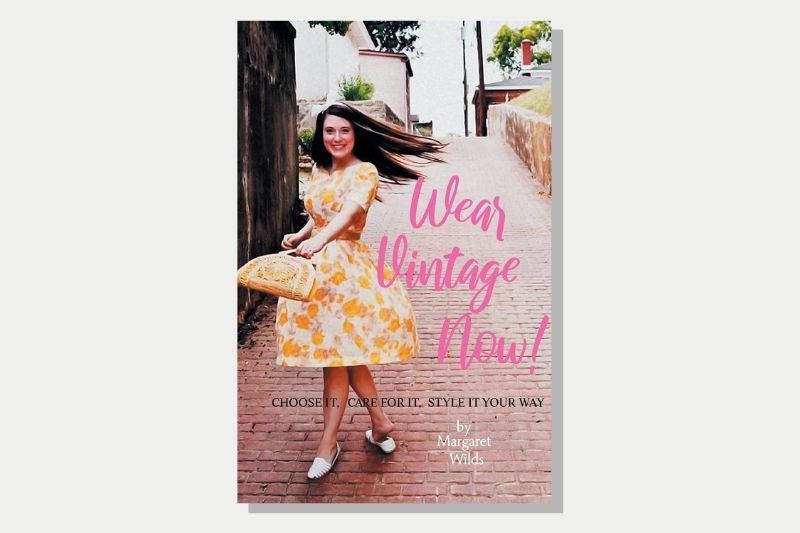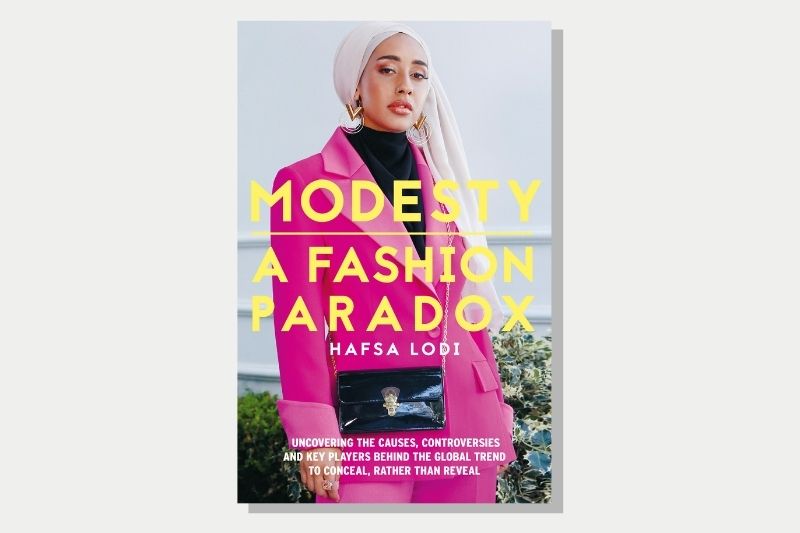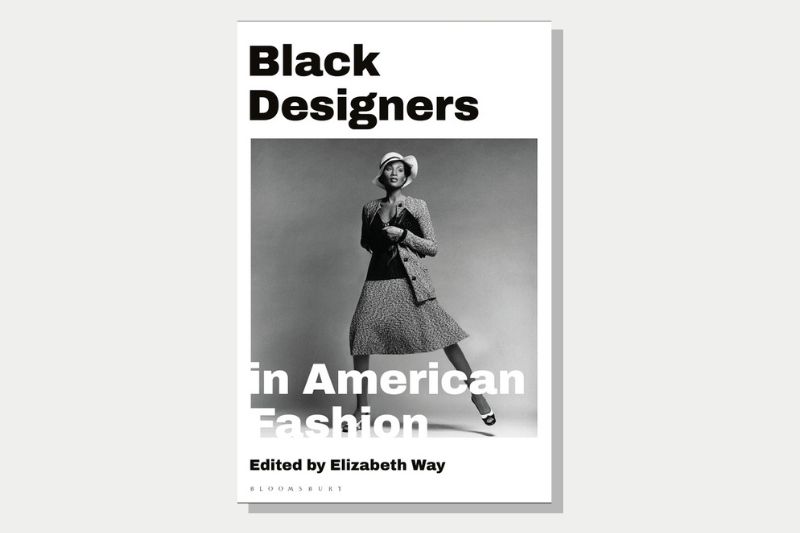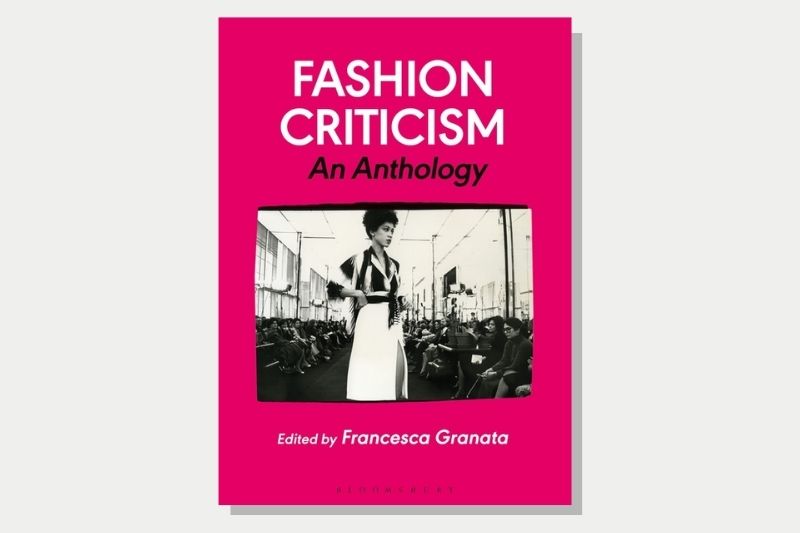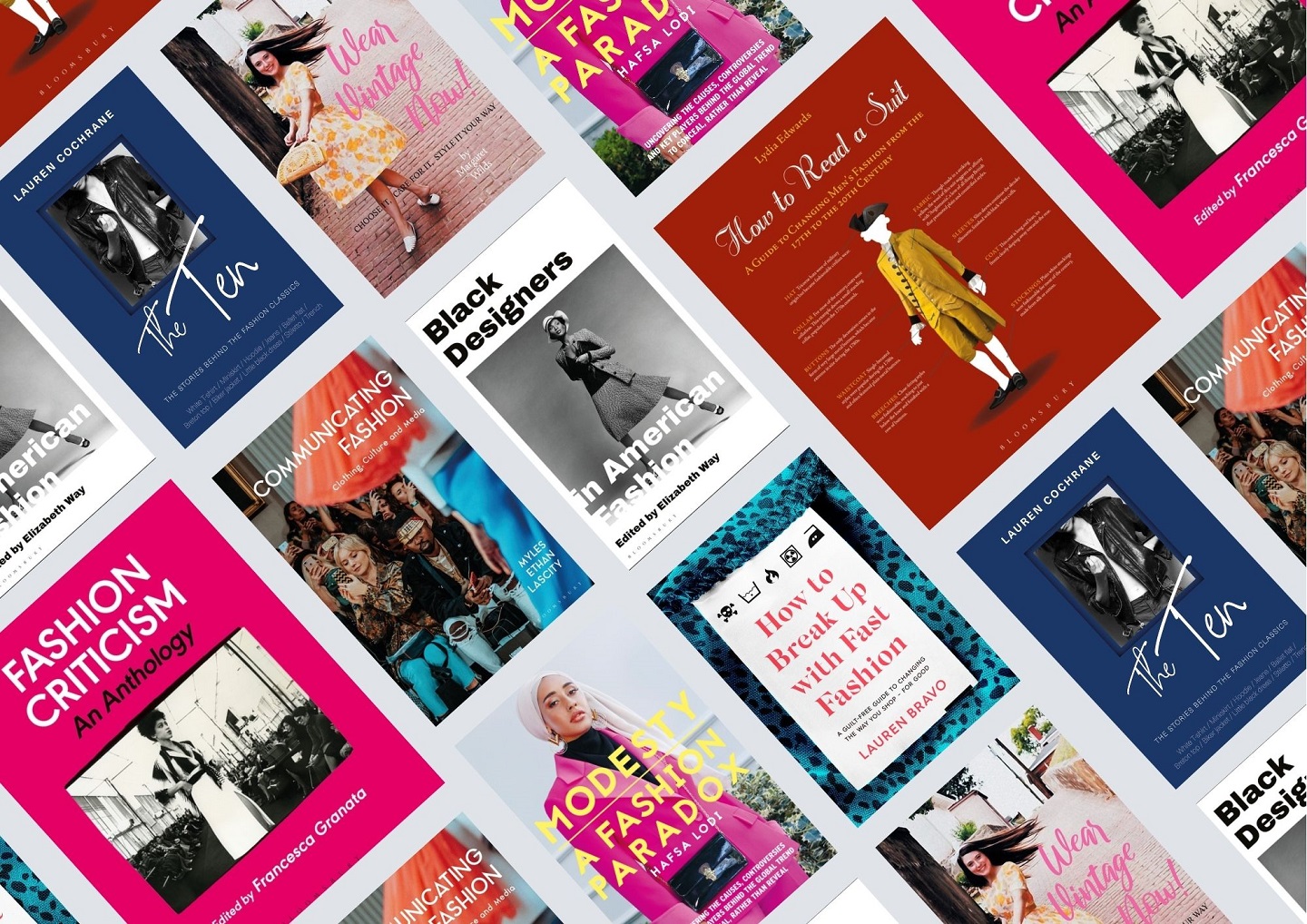
Sink your teeth into these compelling fashion stories
Fashion fascinates — from how the Breton top got its name to vintage finds and clothes that conceal and not reveal — because every piece of good design tells a compelling story.
The Ten: The Stories Behind the Fashion Classics
By Lauren Cochrane
Fashion is fickle but classic creations endure. Rummage about your closet and you are likely to find some, if not all, of these items: white T-shirt, miniskirt, hoodie, jeans, ballet flats, Breton top, biker jacket, little black dress, stiletto, trench. Cochrane’s book, out on April 29, shows how each of these familiar, ubiquitous pieces came to symbolise a certain style and their significance at a particular time and place. Their stories are far from commonplace: T-shirts transitioned from army staple to an emblem of cool simplicity while hoodies, under which medieval monks huddled, now dominate streetwear everywhere. Stilettos shod the feet of 15th century Iranian equestrians; today they give women who mean business a real lift.
How to Read a Suit
By Lydia Edwards
The suit maketh the man, but what makes suits dapper and comfortable and the wearer confident lies in its construction, cut, shape, fabric choice, workmanship and details such as lining, pleats, trimmings, buttons, lapels and cuffs. Edwards undresses the history of this garment from 1666 to 2000 and shows how suits have changed, subtly but surely. Lavish illustrations reveal undergarments beneath the suit and what men wore with them — shirt, hat, stockings, shoes — in keeping with their class, age and social status. From the Chesterfield, a formal knee-length overcoat with velvet collar, and the Ulster, a Victorian working daytime overcoat with cape and sleeves, to three-piece sets associated with stars and celebrities, the suit pieces together inspiration and panache.
Communicating Fashion: Clothing, Culture, and Media
By Myles Ethan Lascity
Do you dress according to mood, occasion, comfort or style? You may not think much about what you choose to wear but certain people notice — fashion writers, brand ambassadors, trend forecasters, online influencers and those whose work is to sell fashion. Fashion, stitched with social, cultural and ethical issues, more often than not reaches us through communication. Add the impact of film, television and art on self-image and expression and the scope of fashion retail expands. Lascity explores clothing, identity and interpersonal communication, tastemaking, on-screen clothing and meaning within the “fashion system” — a concept that embraces not only the business of fashion but also the art and craft involved, and not only production but also consumption.
How to Break Up with Fast Fashion
By Lauren Bravo
Reduce, repair, recycle, reuse. Responsible brands are moving towards sustainable fashion and ethical clothing. Now to convince consumers to buy less, swap, alter and restyle old items to come up with fresh looks. Bravo, who “loves clothes more than anything”, knows the lure of low prices and the pace of fast fashion. Weigh that against the human cost of cheap, mass-produced clothes and fabrics and it is not impossible to change the way we shop, she says. This guilt-free guide has suggestions on making clothes last longer (wash less, mend more) and scouting for good pieces from charity shops. Conscious buying equals a saner way of dressing. Doing right by Mother Earth also adds up to a healthier bank balance.
Wear Vintage Now!: Choose It, Care for It, Style It Your Way
By Margaret Wilds
What made mama look hot in her day can certainly raise the heat a notch or more today. Vintage was one of the major fashion trends of 2020 and it is sizzling. You know the words: thrifting, resale, upcycle, hand-me-down, pre-loved. But do you know how to select items that suit you and style them such that you breathe new life into old clothes? Quality adds character to whimsy, so learn to pick out winning pieces and care for them so you always look cool. Wilds, the impresario behind vintage fashion website Denisebrain.com, has been selling used clothing since 1999. The “closet environmentalist” believes vintage pieces are the “time-travelling, green, smart, and beautiful answer to fast fashion”.
Modesty: A Fashion Paradox
By Hafsa Lodi
Faith-influenced dress codes and modest fashion bloggers have a role in bringing outfits with high necklines, long sleeves and buttoned-up tops, swishing skirts and loose pants to the attention of believers and non-believers alike. Muslim-owned apparel companies are tailoring demure clothes that inspire confidence, minus the sexy tag. Established brands have stepped up to meet demand with long, loose dresses layered with style. The State of the Global Islamic Economy Report 2020-21 released in Dubai last November says Muslim spend on apparel will grow at a five-year compound annual growth rate of 2.4% from 2019 to 2024 to reach US$311 billion, from US$277 billion.
Black Designers in American Fashion
Edited by Elizabeth Way
African American designers, often unrecognised, have helped shape the fashion industry and paved the way for creatives of colour with works that influence style. Virginia-born slave Elizabeth Keckley (1818-1907) bought her freedom in 1855 and became Mary Todd Lincoln’s personal dressmaker and confidante in the White House. Last year, black fashion professionals advocated an end to systemic racism in the industry under The Kelly Initiative, named after Paris-based Patrick Kelly, whose designs reference pop culture and Black traditions. A growing force, they weave issues of the day into their fabrics and have global impact, says this book due out in July, inspired by a 2017 exhibition featuring black designers at New York’s The Museum at FIT (Fashion Institute of Technology).
Fashion Criticism: An Anthology
Edited by Francesca Granata
Academics have dismissed fashion criticism as frivolous, in part because of fashion’s historical relation with femininity and consumption, says Granata, a professor of fashion studies at Parsons. This anthology, a first on fashion criticism, collates articles and writings from two centuries and argues that the genre is central to gender dynamics and had a hand in negotiating shifting understandings of race. It has articles written for avant-garde magazines: Oscar Wilde’s editorials in The Woman’s World; pieces by fashion journalists; bloggers’ recommendations; and writings by Susan Sontag and Eve Babitz (Vogue), Bebe Moore Campbell (Ebony), Hilton Als and Judith Thurman (The New Yorker), Angela Carter (New Statesman) and Robin Givhan, the first fashion critic to win a Pulitzer Prize, among others.
This article first appeared on Apr 19, 2021 in The Edge Malaysia.

